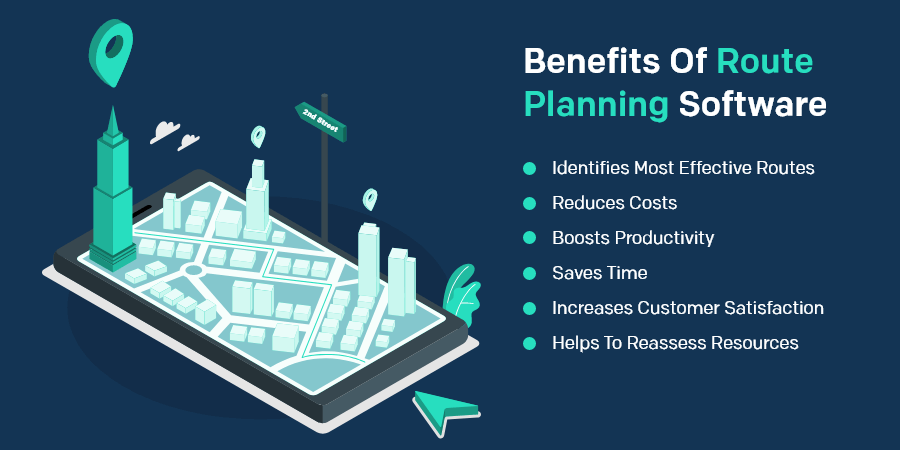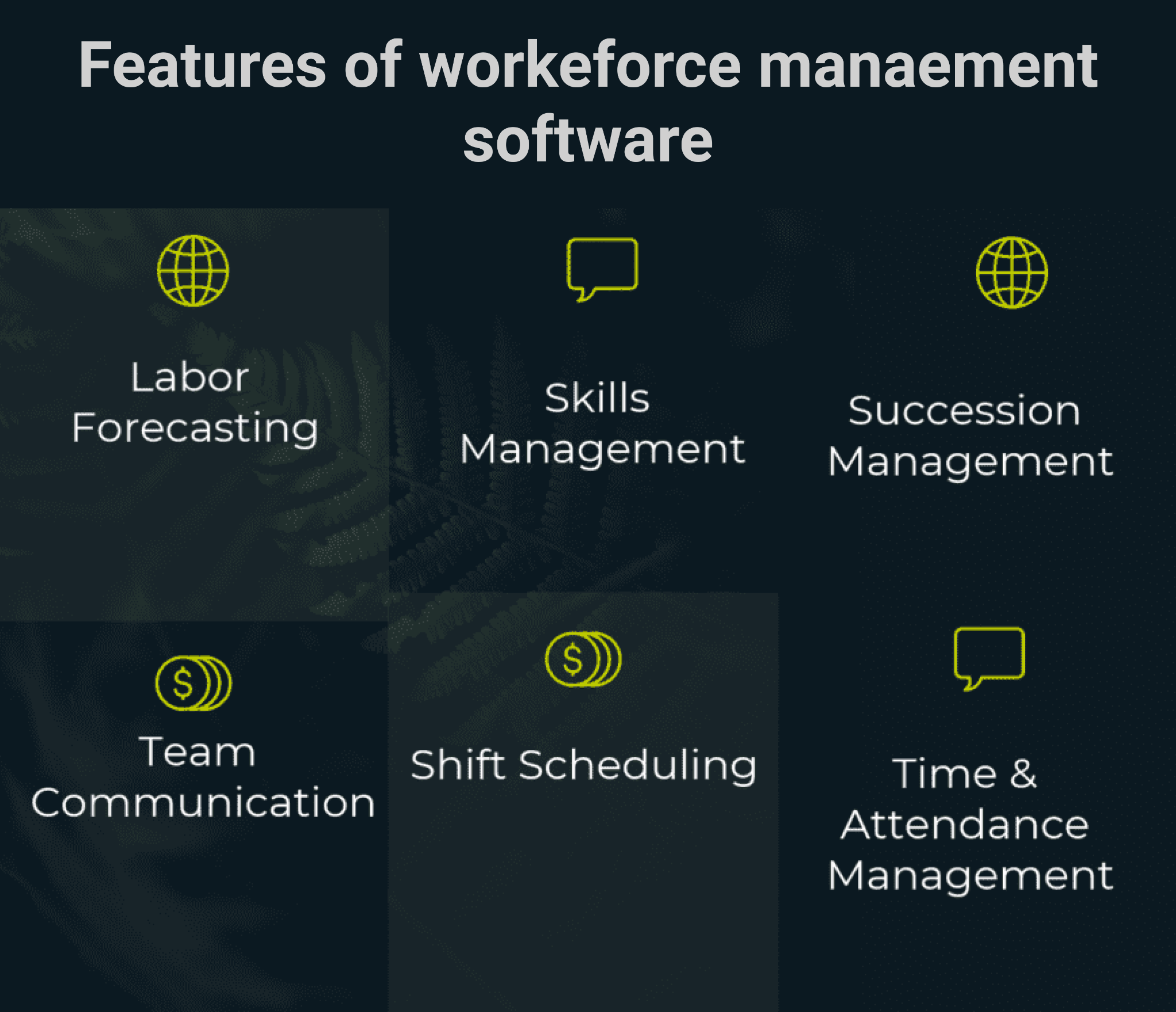How Artificial Intelligence is a Game-Changer in Logistics
The rise of artificial intelligent technology has impacted many sectors and altered the traditional way of operations. Industries like health care, ecommerce, retail, food tech, banking, and finance have been harnessing the power of AI using automation, big-data, predictions using analytics, video surveillance, etc. While everyone is riding the wave, the logistics sector has its share of AI use cases.
This article will unfold the use cases of AI in the logistics sector and apprehend how AI has been a game-changer in logistics and supply chains. Let us begin with understanding what Artificial Intelligence is.
What is Artificial Intelligence?
In simple terms, artificial intelligence is a wide-ranging branch of computer science that deals with building machines/algorithms capable of performing tasks automatically that previously required human intelligence. Machine learning and deep learning are subsets of artificial intelligence. In short, machine learning and deep learning are ways to implement AI.
How AI plays a vital role in route optimisation?
A report published by an analytics firm based in the USA reveals: In the USA, traffic congestion costs the trucking industry $17.5 billion annually which accounts for 1.2 billion in lost hours of productivity, which is equal to 425,533 truck drivers sitting idle for a year
Route planning has many uncertainties such as volatile demand, unavoidable road incidents, unexpected weather conditions, etc. Traditional methods using phones for alerting drivers on call are inefficient due to lack of connectivity and no real-time updates. Unforeseen weather forms, unoptimised route planning, and lack of coordination are a few major factors that influence operational costs for the company. To lower the operational costs, logistics companies should start employing route optimisation software.
Route optimisation software helps in determining the quickest and safest route using predictive analytics. The AI-powered system can optimise realworld factors like traffic congestion, bad weather, run time accidents, etc. for route planning, resulting in a lower cost of deliveries for the company, faster delivery times, reduced shipping costs, and better asset utilisation.

Some of the proven benefits reaped by several logistics companies that inculcated a route optimisation software
How AI succours workforce management?
The workforce can be managed to some extent by good management protocols. However, when an organisation grows beyond a certain size, it becomes intricate for fleet managers to track individual employee’s advancement and take necessary decisions. It is a difficult and timeconsuming task as the number of employees and the information that has to be processed is colossal. This lack of efficiency can adversely affects the productivity of the organisation and results in losses.
As we know, AI is used to automate things that otherwise require considerate human intervention. Workforce management is one of the use cases of AI in logistics. Workforce management software helps in employee skill management, enhancing team communication, scheduling shifts for truckers, time and attendance management, etc. Assessing drivers and rating them based on their performance can encourage overall productivity of the business.

Features that workforce management software comprises of for efficient management
How can analytics improve operational efficiency using AI?
Many sectors use analytics to identify problems and opportunities that can improve the operational efficiency of the organisation and increase throughput. Logistics companies are also leveraging the power of data and analytics. Collecting useful data, converting it into a comprehensible format can prove to be a very powerful helping tool in decision making.
Logistics companies can leverage analytics by collecting data like the delivery time of a vehicle with certain kilograms of load, the fuel used for the same, performance of the vehicle, wastage of time due to an operational fault, etc. Understanding these data points can enable the management to derive optimal decisions. For example, operations that are small but time-consuming can be automated, which can reduce monetary and efficiency inputs.
Artificial intelligence has proven to be a game-changer in the logistics sector having use cases like employee management, real-time route optimisation, analytics, warehouse management, among various others. Using AI technology helps in improving productivity, reducing friction between employees and fleet managers, real-time vehicle tracking, maximise time management, save costs, efficiency enhancement. Some powerfully coded softwares, like CargoFL TMS, provide revolutionised builtin capabilities like cloud computing for documents, vehicle damage reports, automatic generation of eWay bills from dispatch information, digital vaults to store important documents with advanced security, and many more. CargoFL TMS is an AI-based digital platform for logistics companies comprising of features like managing bookings, assigning drivers, generating bills, etc. along with peculiar features discussed above for every logistics requirement.
To know more about our offerings and various work easing features, visit https://cargofl.com or contact us at contact@innoctive.com to book a demo.